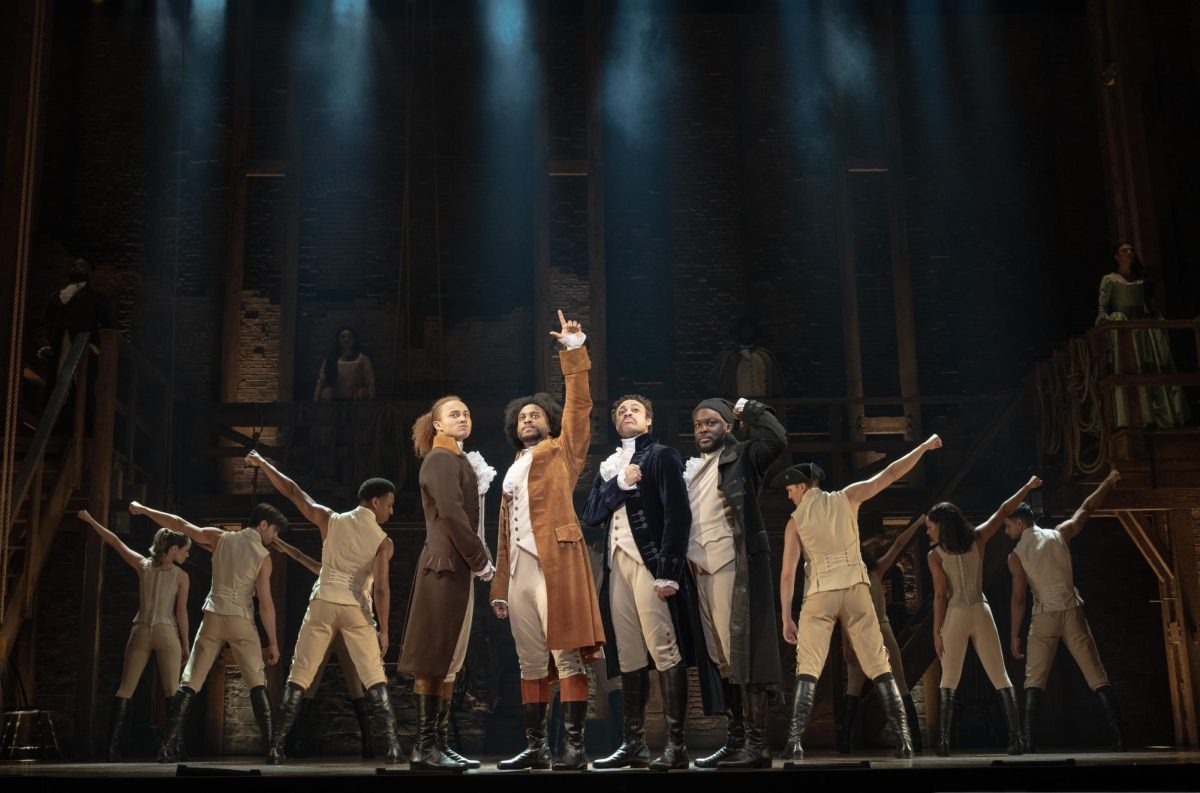As the holiest month of the year, participation in Ramadan serves as one of the key pillars of Islam. From sunrise to sunset, Muslims abstain from consuming food and water in order to build self-discipline and grow their relationship with Allah. Because the Islamic calendar relies on the phases of the moon, the month of Ramadan happens at a slightly different time every Gregorian calendar year.
With a large Muslim population at UT, The Daily Texan compiled a list of ways Muslim students say they feel the university and the community should support students practicing Ramadan.
Offer academic support: Zarqa Fathima
“The best way that the campus and the community can support us here at UT is allowing us to be better Muslims, essentially, to be able to pray and just (have) support throughout our academic career, especially in that one month, because midterms are gonna happen this month,” Fathima said.
Additionally, the biomedical engineering freshman mentioned the importance of being able to take part in the festivities of Eid Al-Fitr, the celebration that concludes Ramadan annually.
“That’s the day you go to prayer with your family,” Fathima said. “You’ve stopped fasting and you enjoy food, meals and the community. You celebrate, but (usually) it falls during the weekdays. So even if I do go for prayer, I can’t really celebrate afterwards either.”
Be an ally: Amman Anjum
“A way to be an ally could just be saying ‘Ramadan Mubarak,’ which is basically just saying Happy Ramadan,” Anjum said.
The UT alumna said that when planning events during lunchtime, it’s important to consider the fact that Muslim colleagues cannot take part.
“Other ways (to be an ally) could be avoiding lunch with Muslims because we can’t eat from sunrise to sunset,” Anjum said. “It’s better to not invite them to luncheons (or lunch meetings) where they’re just not able to eat.”
Be Understanding: Abdullah Alsawfta
“I think the first thing that UT and the community can do in general is to be very understanding during Ramadan,” Alsawfta said.
Alsawfta, an international relations and global studies senior, said professors and TAs could support Muslim students by being aware of the change in schedule the students are going through and how it might impact them at school.
“Muslim students are typically up late at night because the way it goes is usually we break our fast, we eat together and then we do prayers,” Alsawfta said. “We’re waking up a little early just so that we can eat before we start fasting again for today.”














